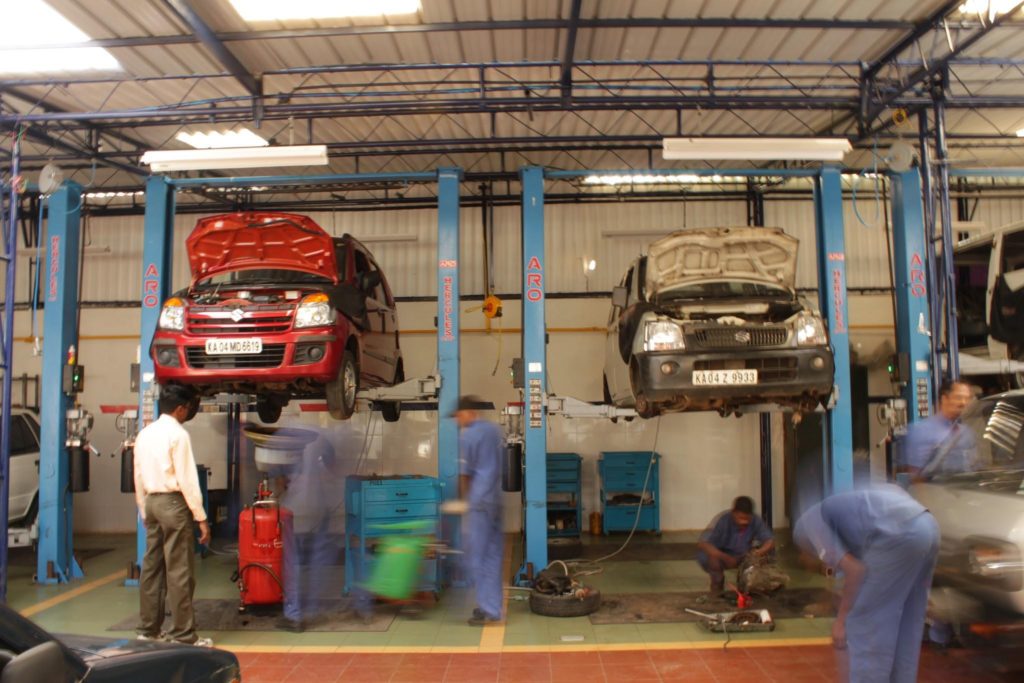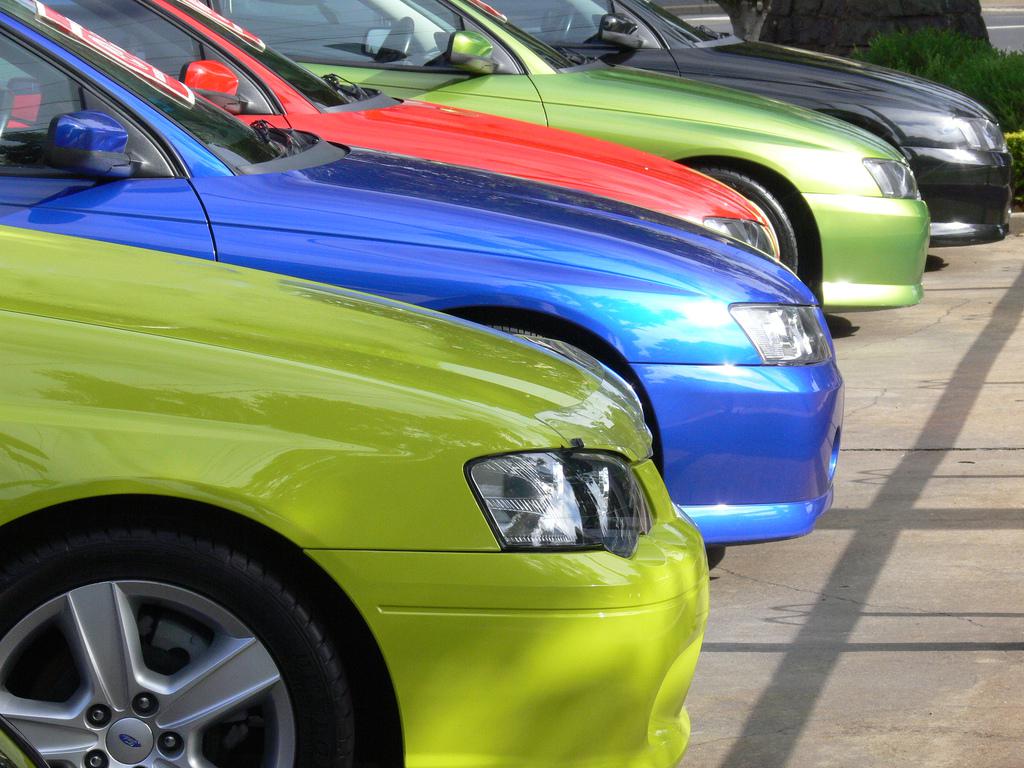An automobile can be many things to many people. It can be a valued and beloved commodity that its owner cherishes and nurtures. It can be a pack horse upon which its owner relies for their commute to work, it can be an investment in a classic masterpiece of modern engineering or it can be a livelihood upon which the future of its owner’s business is reliant. Whatever your reasons for buying a car, all agree it can be a costly endeavor. So much so that there’s evidence to suggest that it’s keeping a lot of younger drivers off the road all over the world… But should car owners of all kinds believe that excessive car running costs are a universal truth? When buying or running a car, not all of us are well informed when it comes to making decisions which can either save us money, or ensure the ongoing health and reliability of our vehicles. We defer to our Dads or to widely held beliefs long regarded as “common sense” but that are actually outdated, inaccurate or just plain false. When we do this we can not only compromise the efficient running of our vehicles but spend a fortune unnecessarily.
Here we present some persistent automotive myths that, if taken as gospel truth, can make your motoring way less cost effective (and enjoyable) than it needs to be…
Buying new is a waste of money
Walk into any car dealership and you’ll pristine new cars in the dealership and all over the forecourt, gleaming invitingly at you, tempting you to come closer and get to know them a little better. “No!” you scream at them, “I will not be tempted by your costly charms! Everybody knows that buying new is throwing money away!”. Not only will this spontaneous outburst draw some raised eyebrows from sales professionals and other customers, it’s not as true as you may assume. That old adage that your car loses value as soon as you drive it off the forecourt is an oversimplification. The value of your vehicle is far more dependent on the market and the vehicle itself. Sure, buying new represents a pretty big investment but there are also some pretty compelling cost advantages;
- You have the benefit of a 3 year warranty, protecting you from repair costs due to manufacturing defects.
- You are likely to have more bargaining power over a new car than a used car, since new cars have greater profit margins for dealers.
- You will have greater resale value whenever you choose to upgrade.
- You will have more favorable finance rates.
Plus, you get to drive around in a nice shiny new vehicle and enjoy that wonderful new car smell! What’s not to love about buying new?
Getting your car serviced / repaired by a main dealer is throwing money away
Although they’re more than happy to hand over their money when buying a car, many drivers are far more reticent to return to their dealers when it comes to servicing their vehicles. This is a shame, because while your local independent garage may be able to make an upfront saving, loyalty to your main dealer is likely to reap long term dividends. Firstly, you know that your vehicle will be serviced with only genuine parts. In the event of a repair, your dealer will likely also be able to offer a 2 year parts and labor warranty that your local dealer will not be able to match. Main dealers are rigorous in their training and recruitment standards for technicians so that you have peace of mind after servicing and repairs. Moreover, dealers are better positioned to reward your loyalty with goodwill discounts on future services, repairs and even new vehicles.
Third party cover saves money
Well, this is technically true. Most insurers charge slightly less for their third party cover than for their fully comprehensive cover but this is the very definition of false economy. Third party cover may save you a little money in the short term, but it will cost you a fortune in the event of a collision… And before you retort “It’s okay, I’ll just be really careful”, remember that it’s not just your driving that you need to worry about. If you’re hit by a reckless driver you’ll have enough to deal with contacting a lawyer like https://www.calahanlaw.com/baton-rouge-car-accident-lawyer/ to protect your interests and ensure that you get the compensation you deserve. The last thing you need on top of that is to contend with an enormous repair bill.
You have to stay with your insurer for a year
This is one of the most persistent insurance myths out there and it can cost you a fortune while also confining you to months of inferior cover. The truth is that most insurance policies can be opted out of at any time. There’s usually 2 week period within which you can change your mind without consequence but even if you find yourself staring down a cancellation fee, it may well be preferable to sticking with an inferior insurer or policy for the rest of the year. Insurers don’t shout about this, since it’s in their interests to keep taking your money for as long as possible but don’t let this prevent you from making long term savings or taking advantage of a great introductory offer from a rival insurer.

The ridiculous 3,000 mile service myth
While changing your oil and filters every 3 thousand miles certainly won’t do your car any harm, it’s nonetheless totally unnecessary. Nonetheless, for some reason many motorists swear by the 3,000 mile service rule. Most synthetic oils will last for 10,000 miles while the longlife oil often used for diesel engines will last for 15,000 to 20,000 miles. After 10,000 miles you will likely need an oil and oil filter change, after 20,000 miles an oil, oil filter and pollen filter change (it’s probably getting your brakes checked and getting a brake fluid top up too), another oil filter change at 30,000 miles and after 40,000 miles you’ll likely need to get your oil, pollen and fuel filter or spark plugs changed. By rule of thumb you should aim for at least an oil change every 10,000 miles or 12 months, whichever comes first.

